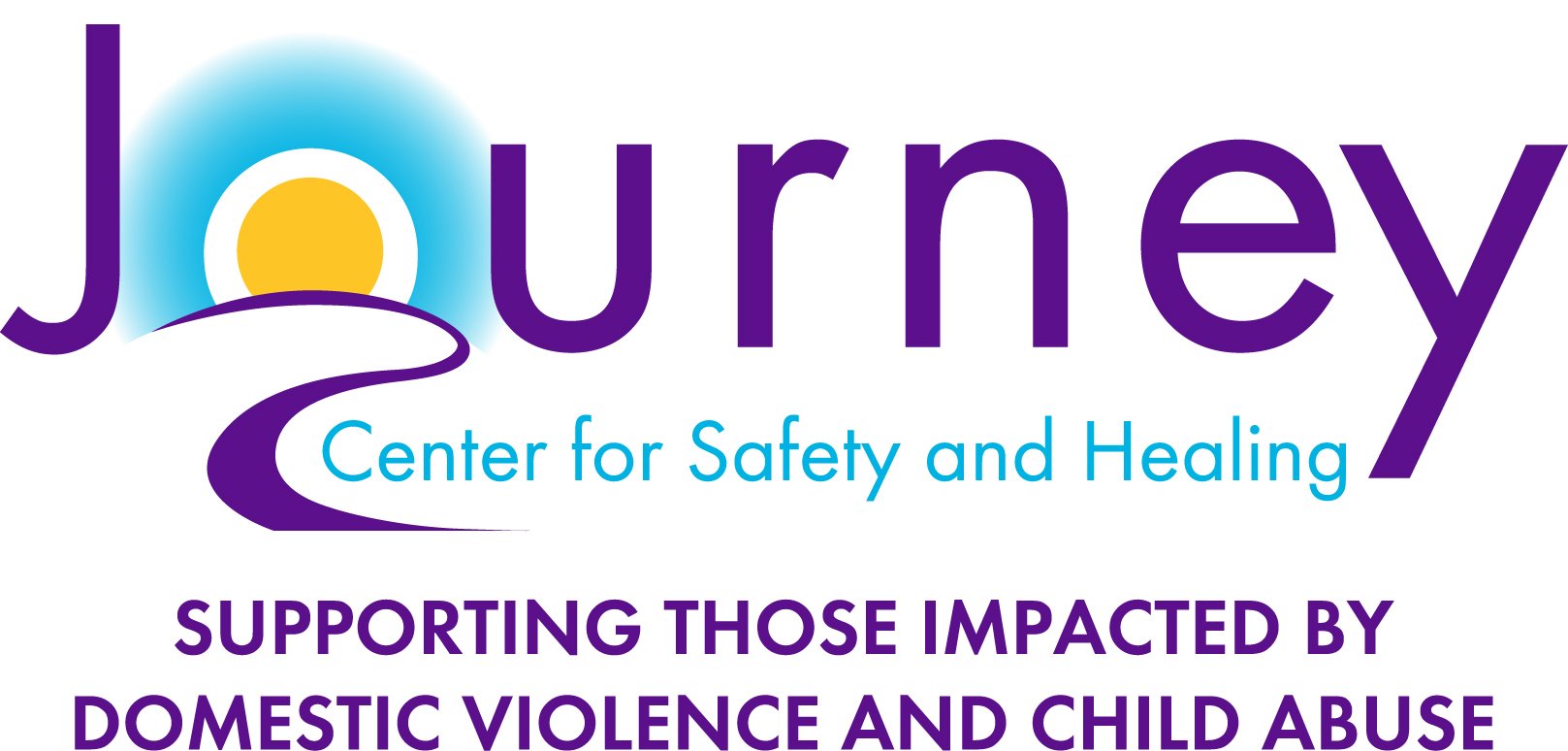Brain Injury Awareness Month
Brain Injury Awareness Month is a dedicated period for recognizing the causes and raising awareness to eliminate the stigma surrounding brain injuries. It is also a time to recognize those with brain injuries related to domestic violence and let them know they are not alone. Violence directed at the head, neck, and face can have long-lasting consequences. Any time you are hurt in this way, it should be taken seriously.
A traumatic brain injury (TBI) happens when there is a change to how your brain normally works due to a bump, blow, or jolt to your head. After your head has been hurt, it’s normal to feel like you are in a fog or it’s hard to do things like you used to. A TBI can either be mild, moderate or severe. A moderate or severe TBI can cause bruising, bleeding and tearing within the brain, resulting in long-term complications and sometimes death.
You don’t need to have any marks or bruises for your brain to be hurt. Common causes of brain injuries related to domestic violence can include:
A blow to your face or head, like being punched or hit in the head
Being headbutted
Falling and hitting your head
Having your head slammed against something
Being shaken severely
One of the difficult realities of brain injuries is that the impact often does not show up immediately after you are hurt, but can become noticeable weeks, months, or even years after a brain injury. There will be good days and bad days and recovery is often uneven. Many signs of brain injury overlap with other physical and mental health conditions including traumatic stress, which can accompany brain injuries from violence. It is important to talk with your doctor about any signs and symptoms you may experience.
Brain injuries can get better but adjusting and living a fulfilling life is possible. A few ways to accomplish this would be to follow a brain injury diet plan, create a structured routine, focus on small victories, and stay physically and socially active. Each injury affects a person differently. Each person has hopes and dreams, and they are not their injury.
We are always here for you when you need to talk. Call or text our 24-Hour Helpline: 216.391.4357 (HELP) or live chat.
